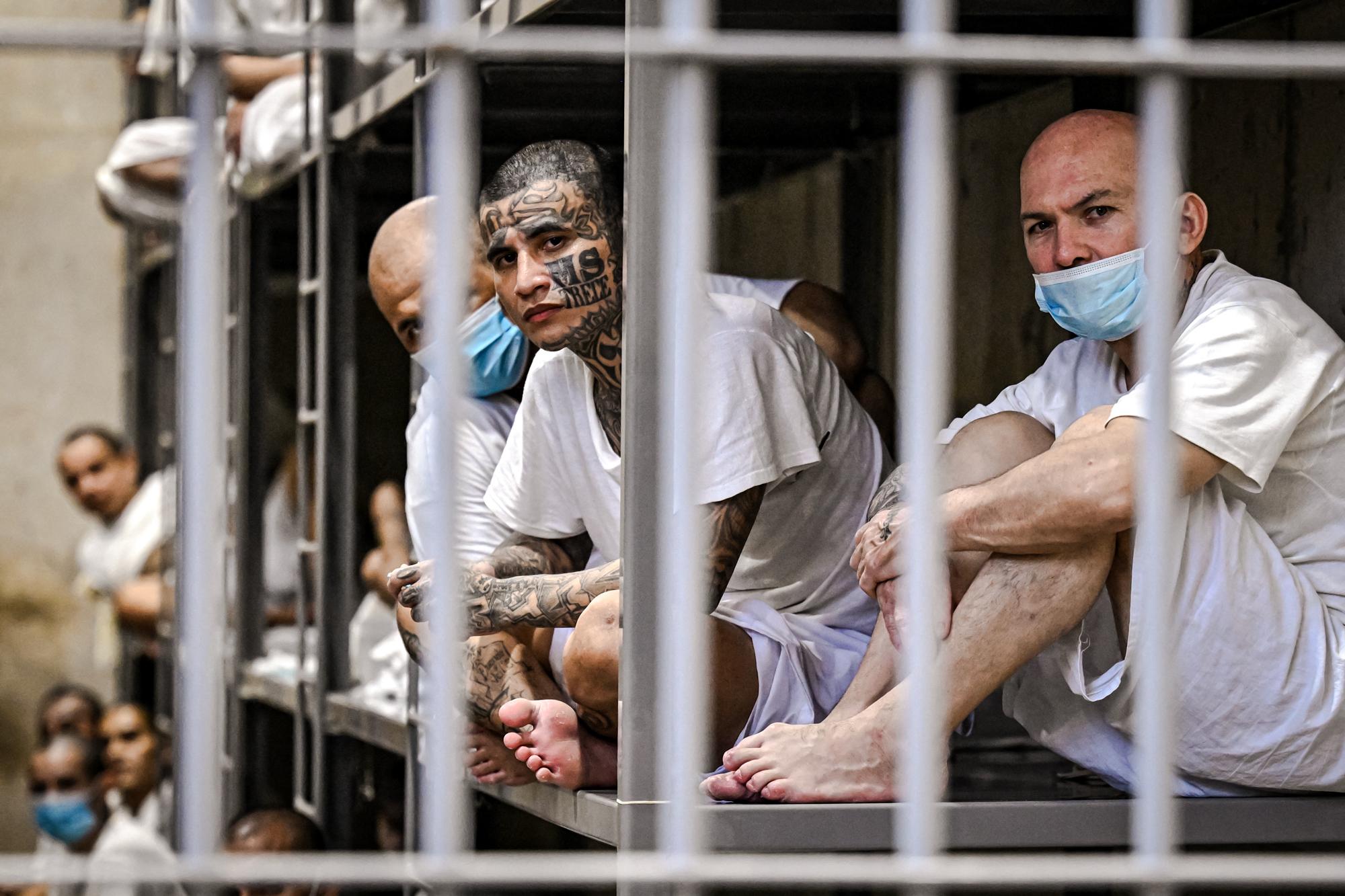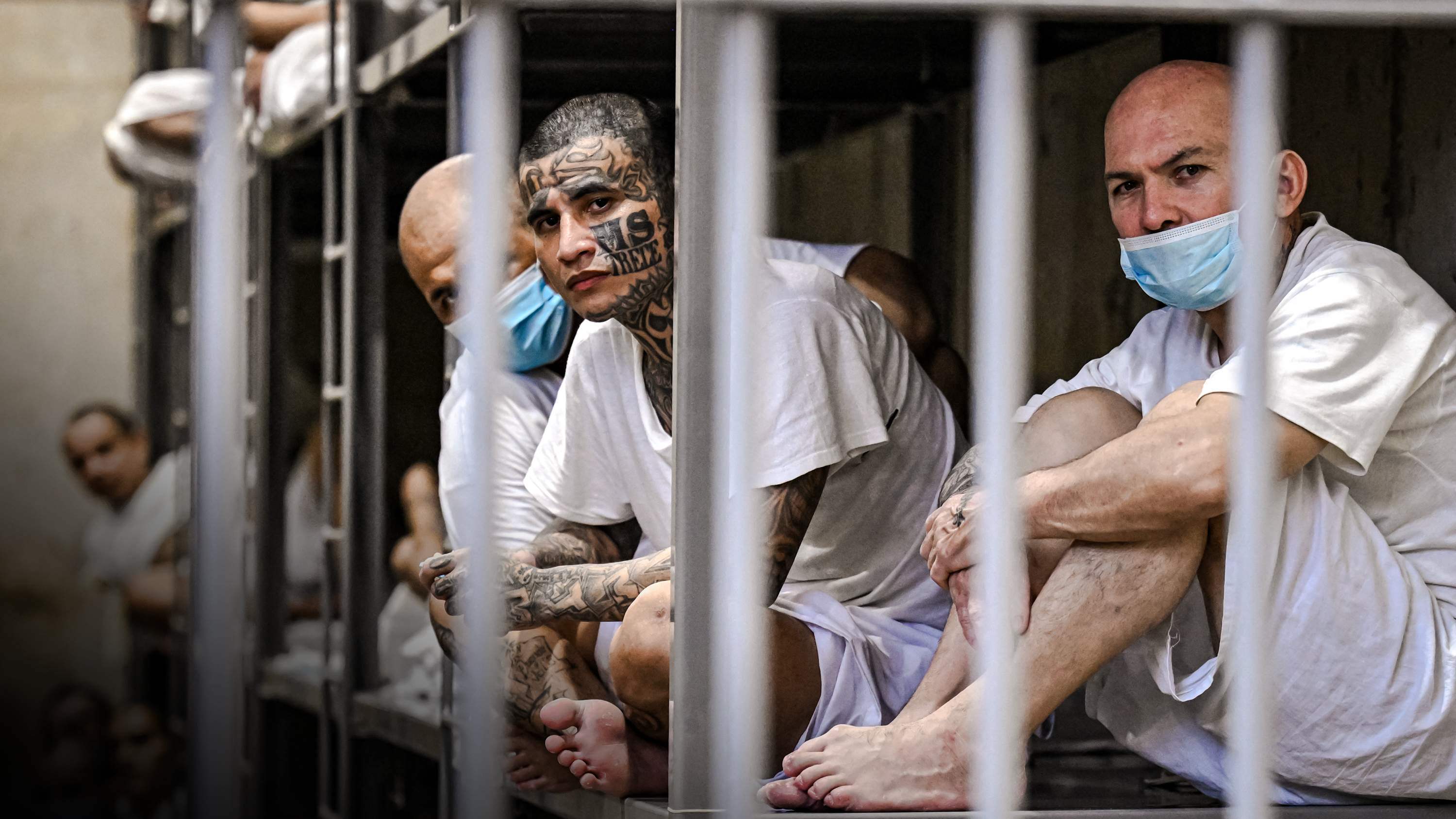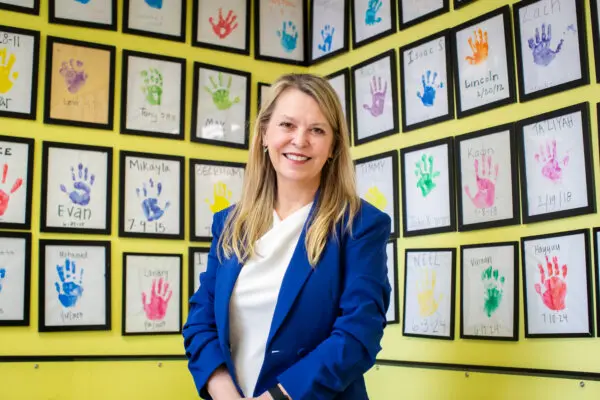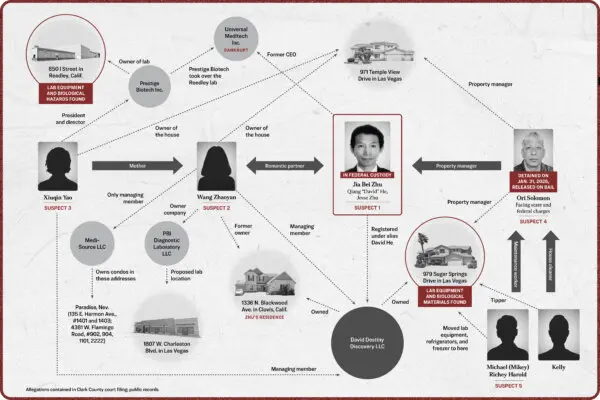PLAYA TUNCO, El Salvador—Rhythmic Latin music played softly in the background as Patricia Sandoval wept at a restaurant overlooking the gray sea of her native El Salvador.
Her voice grew husky as she gazed out at the crashing waves, her tone grim as she recounted the horrors of her life as an 11-year-old growing up in a country torn by civil war.











